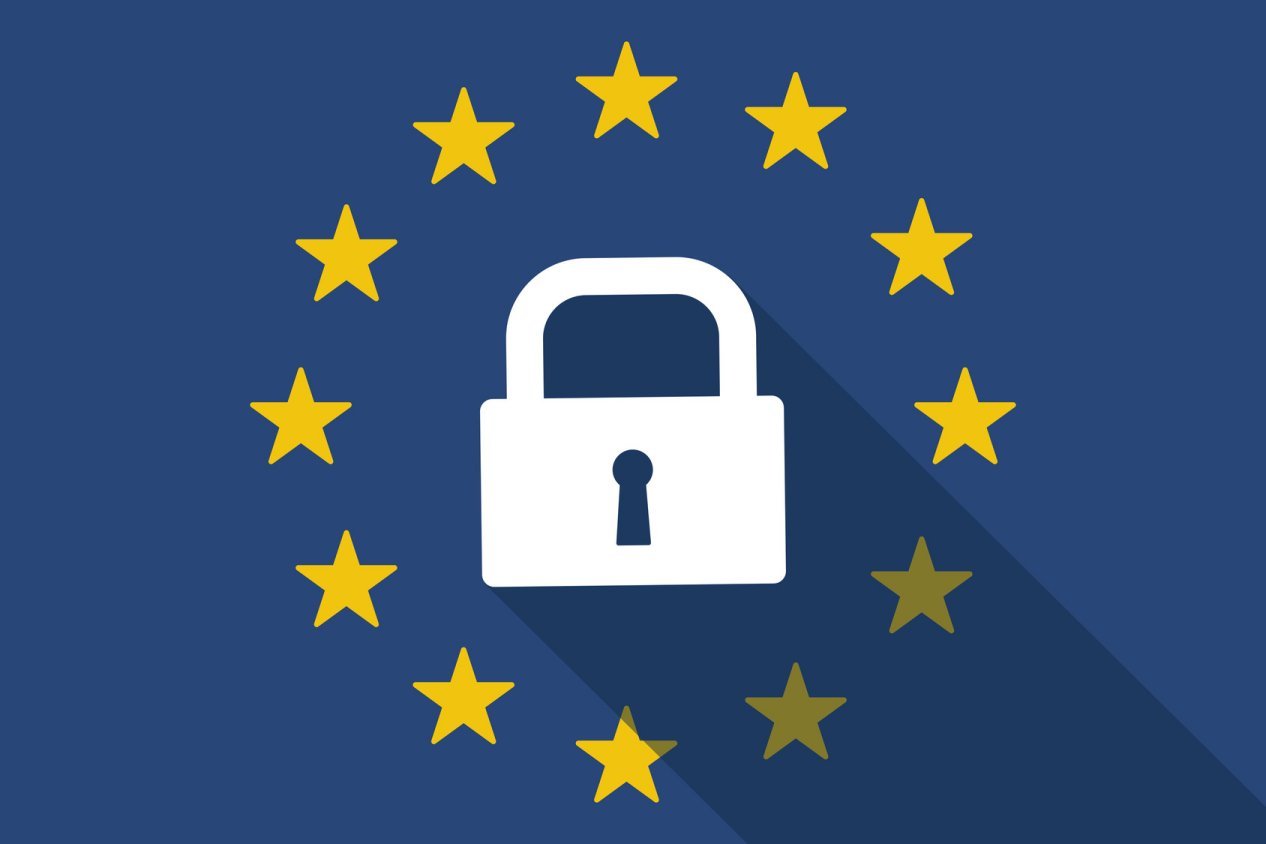
A customer-friendly approach to GDPR
Asking your customers to ‘re-consent’ to contact from you could threaten your relationship, but Michael Nabarro suggests an alternative approach to GDPR compliance based on ‘Legitimate Interests’.
For the past few months, our audiences have seen their in-boxes fill up with oddly worded emails from the arts organisations they support. Sometimes they are quite confusing, asking for complicated actions to update contact preferences and re-confirm their interest in receiving communications.
Arts and cultural organisations are putting their customer relationships at risk with this ‘re-consent’ approach
They may be frequent attenders, perhaps even donors, with venue or customer relationships going back decades. Despite what they assumed was a long-standing and warmly held relationship, they are now being told this isn’t enough to keep hearing from the organisations they thought they knew.
They must take action, in some cases quite confusing and complicated action if they ever want to hear from us again. Worse yet, they may have received an email like this and not opened it due to a busy week or an overactive SPAM filter.
Why are we vexing our customers this way? The answer lies in a potential misreading of the General Data Protection Regulation (GDPR), which is coming into effect on 25 May. Under the new rules, the consent customers gave to receive communications in the past may no longer meet tightened requirements. Although customers may have been happy to receive emails and had been given the option to opt out every time, some organisations are now under the impression (sincerely held) that they will no longer have legal permission to contact current customers after May.
A less bothersome option
At Spektrix we think that arts and cultural organisations are putting their customer relationships at risk with this ‘re-consent’ approach. We’re proposing that there may be a better way to achieve GDPR compliance.
Though our sector has historically relied on a consent-based approach to marketing and fundraising communications, this is not the only option available to contact customers and donors legally and respectfully. It may not even be the best option for either the organisation or the individual.
Thankfully, there’s another legal basis which we believe is likely to be suitable for marketing and fundraising communications called ‘Legitimate Interests’, which the Information Commissioner’s Office has just said “may be the most appropriate basis… when you do not want to give the individual full upfront control or bother them with disruptive consent requests when they are unlikely to object to the processing”.
We argue that it’s reasonable to expect customers and donors, who have been happily receiving communications from an organisation for months or even years, to be happy to continue receiving these communications. In fact, we believe they will be unhappy and confused if they suddenly cease. Why put your relationships with your customers and donors in jeopardy unnecessarily without considering a strategy to switch your basis for direct marketing and fundraising communications from consent to legitimate interests?
When considering a strategy, it is also important to know that there are additional considerations when it comes to email, phone and text messages due to another data protection regulation called the Privacy and Electronic Communications Regulation (PECR). But we believe nothing in GDPR or PECR says that you need to obtain renewed consent for customers who likely expect to keep hearing from you.
For direct fundraising, a legitimate interests basis will be likely to allow continued communications for post and most phone calls – provided you check the Telephone Preference Service. Depending on your reading of PECR, you may need to regain consent to email about fundraising. However, doesn’t it make more sense from a donor point of view to ask for that consent in context – perhaps when the donor calls the box office or the next time they make a gift online? For key major donors and prospects, it is even more vital not to bury consent requests in busy in-boxes, so picking up the phone may be the best option.
A customer-centric approach
Whatever communication strategy we choose, it is important to start from the perspective of the customer and donor. These consent update emails are confusing, and although they were sent with the best of intentions from organisations trying to be GDPR-compliant, they can convey a lack of care for relationships with devoted customers and donors. There are also obvious and concerning revenue implications should you lose the ability to contact large parts of your customer base.
At Spektrix we are suggesting arts organisations consider moving from a consent-only approach for communication strategies to a more nuanced, customer-centric one that allows for greater flexibility and doesn’t disrupt important relationships. This process needn’t be difficult or stressful.
We’ve created a practical guide to both GDPR and PECR specifically designed to help arts marketers and fundraisers employ a legitimate interests basis to keep communicating effectively. Arts organisations are telling us this is helping them become GPDR-compliant in the most customer- and business-friendly way possible.
Michael Nabarro is Co-founder and CEO of Spektrix.
www.spektrix.com
Sign up for the Spektrix practical guide to GDPR/PECR here.
This article is an advertising feature sponsored and contributed by Spektrix.

Join the Discussion
You must be logged in to post a comment.